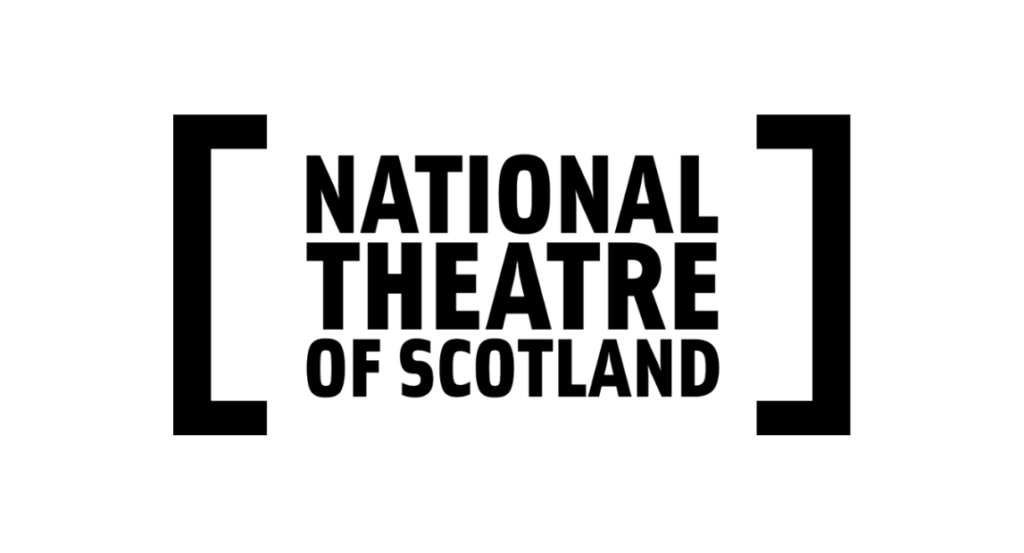A theatre’s finance system needn’t be a source of drama
Life in the theatre sector has turned into a high-stakes drama in recent years, with the very survival of many organisations called into question.
People in the industry are well aware of how perilous things became after March 2020, when the old principle that “the show must go on” was suddenly replaced by a law saying no shows must go on.

More than 70 per cent of the 290,000 jobs in the UK theatre industry were at risk back then. Ticket sales, which once brought in £799m a year in London and £509m across the rest of the country, disappeared overnight.
The effort to keep arts organisations alive through Covid and beyond has made heroes of people who rarely enjoy the limelight. Among them are the finance teams who had to work out how long their institutions could survive on a box office turnover of zero – and then help plot a route back to profitable trading.
As organisations try and get onto a firmer long-term footing, the drive for efficiency will require them to have access to comprehensive and accurate financial information in real time. An increasing number are finding their accounting software is not up to that job.
When a theatre’s finance system is not performing
People in the arts and culture sectors know their finances can be complex.
Income comes from a long and changing list of sources, including ticket sales, bars and catering, charitable giving and grants. Expenditure is similarly complicated, with a succession of visiting or in-house productions to account for.
It might be that a charitable trust runs the venue, but a distinct yet connected body owns the building, and another operates the catering. The finance team has the challenge of handling these entities and producing consolidated accounts.
On top of this, nonprofit status means detailed reporting is necessary to distinguish between restricted and non-restricted funds and their uses.
The on-premise finance systems that many organisations have been using struggle to handle such complexity. They are clunky to use and cannot pull together all that information to give a single view of finances. More theatres are recognising the need to upgrade to a true cloud-based system.
The role cloud accounting will play in theatres’ future
Moving to true cloud software generates huge time savings for a finance team and enables accurate, timely reporting.
- Processes such as bank reconciliations can be automated.
- Staff expenses can be entered via a mobile app so the costs are recorded straight into the finance system and can be submitted daily, weekly, and monthly. There is also the option to prepay expenses to.
- Laborious keying-in of information from one system into another is reduced or eliminated thanks to our public API and integration library
- Project costing systems allow each production to be treated as a separate project– removing the need for data manipulation in excel and therefore make the creation of board reports far simpler.
- Multi-entity consolidation has never been easier – Figures from connected entities can be easily pulled together to show the group position.
Organisations such as Blackpool Grand Theatre, National Theatre Scotland and Scottish Ballet are among those who have moved to cloud accounting with iplicit.

Alison Coltman, director of finance and administration at National Theatre Scotland, said: “We chose to upgrade to the cloud-based iplicit system as our previous finance system, One Advanced, was outdated with limited functionality.
“After seeing the iplicit system in action, it was clear that there were huge opportunities to enhance our real-time, multi-dimensional reporting and enable easy integration with our other IT systems.”
As theatres come under ever more pressure to show the return on each pound spent, this reporting will be vital.
Meanwhile, cloud systems will free staff to spend more time on the most important work of all – ensuring live performances remain viable and keep enriching lives and the economy.

Theatres and performing arts organisations use our modern, true-cloud accounts software to streamline financial processes and gain complete financial visibility of their productions. Often, involving a nonprofit entity, iplicit has their multi-entity and nonprofit accounting and reporting needs covered. Find out how iplicit can help your theatre.


 (+ 353) 1 592 0850
(+ 353) 1 592 0850 (+ 44) 20 7729 3260
(+ 44) 20 7729 3260
